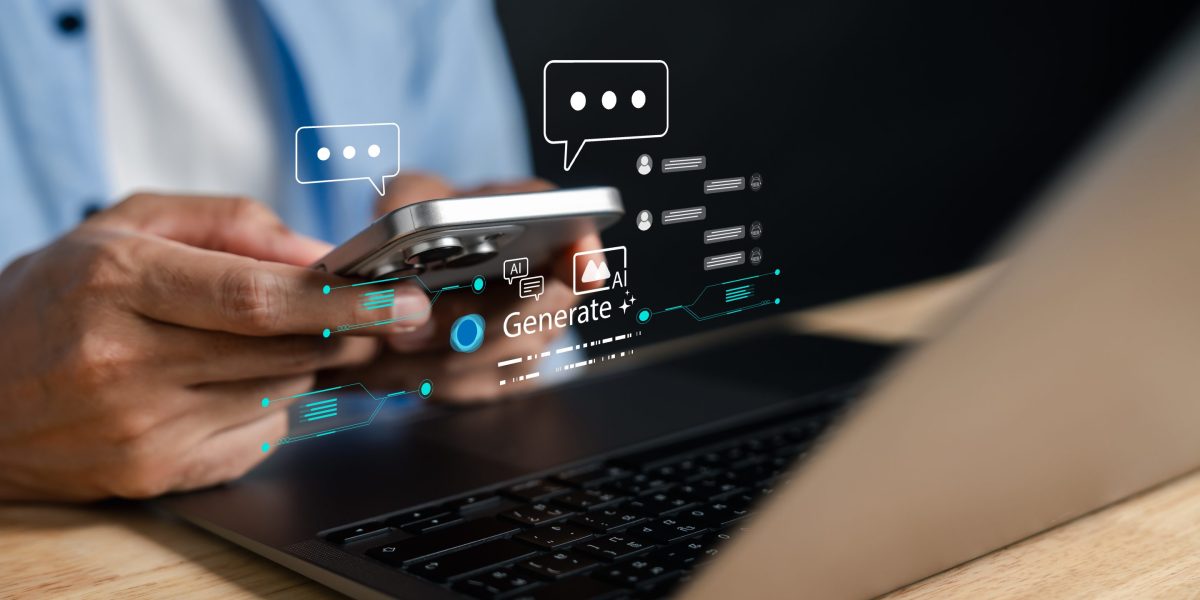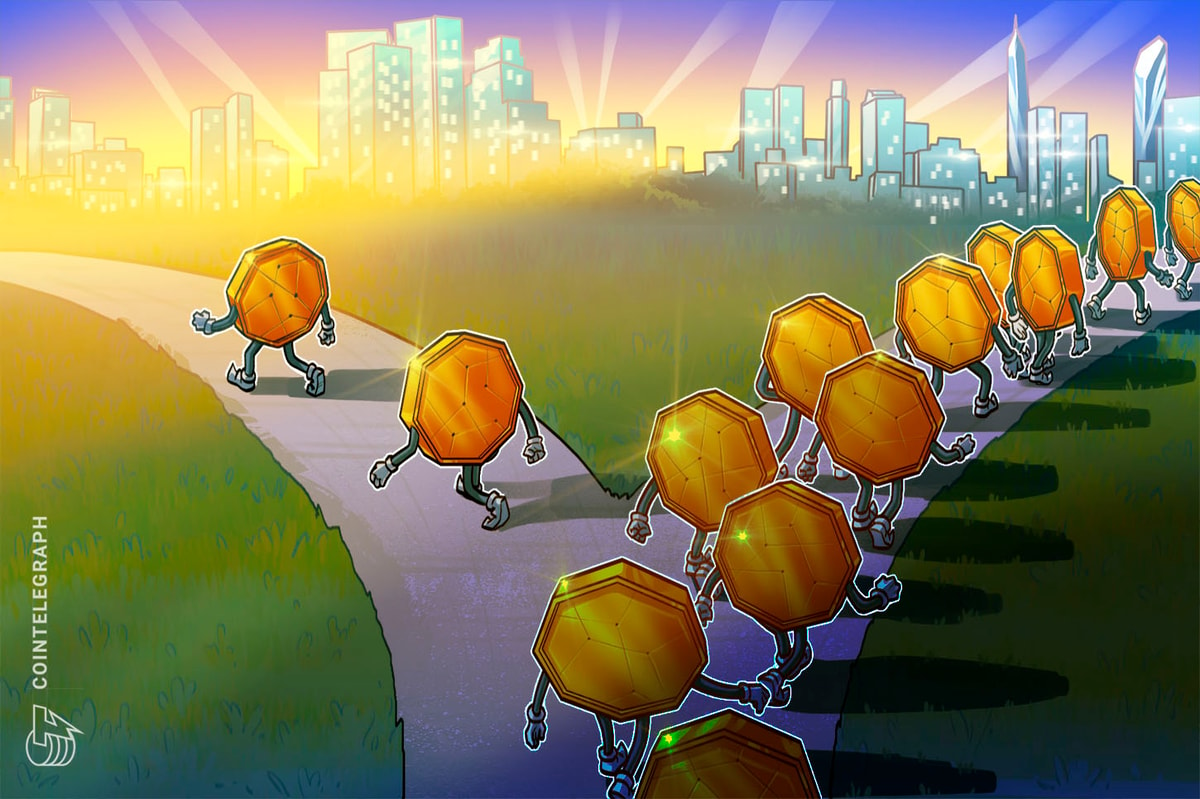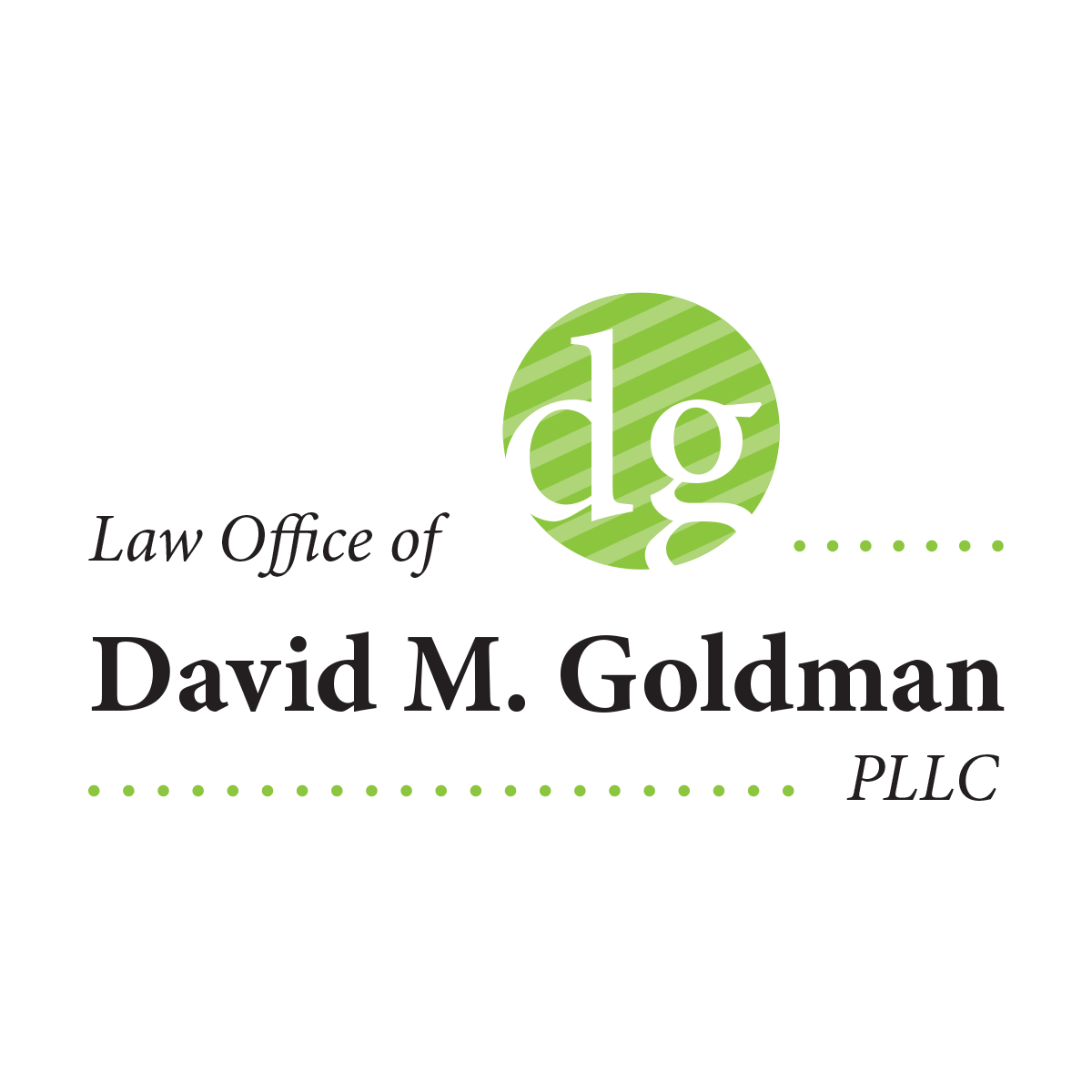Gen Z is quietly rewriting the rules at work by letting AI take their meetings. An October study from Software Finder, a software discovery platform and database, found that three in ten survey respondents admitted to skipping a meeting, banking on AI to “have their back” by taking notes.
The survey also found that 19% of full-time worker respondents use AI tools to automatically generate meeting notes. The strategy is paying off for some: According to the research, employees that use AI regularly to take meeting notes were 28% more likely to be promoted, compared to 15% otherwise, and earned nearly $20,000 more annually.
But the tools don’t seem to be working that well. Among those that said they skip meetings and rely on AI notetaking, 41% say that they missed important context in the meeting that wasn’t picked up by the software.
Although some in all groups of employees reported using AI for note taking, the practice was most common among hybrid workers, with 26% saying they use the technology frequently—whereas 21% of remote workers and only 13% of in-person employees use the tools. Workers in technology and software were most likely to use AI frequently, with 32% of respondents indicating they do, while government employees came in at the lowest reported usage, just 12%.
From a business standpoint, the picture is layered. Companies implementing AI note-taking solutions report that professionals reclaim an average of five hours weekly that was previously spent on manual documentation—some 250 hours a year per employee—according to research by TechBullion, a financial technology media company. Meeting-attendance metrics improve too, the researchers found: Meeting attendee participation—asking questions and engaging in discussion—increase by 40% when note-taking is offloaded to AI, and decision-making cycles accelerate.
Broader research shows younger workers are embracing AI in unprecedented numbers, with 93% of Gen Z workers reporting using two or more AI tools weekly, according to a 2024 Google Workspace survey.
Yet amid the gains, there’s a growing unease. Many worry that the very tools elevating their careers today may be undermining their job security tomorrow. A D2L survey last year found that 52% of Gen Z respondents expressed concern about being replaced by someone with more advanced AI skills, compared to just 33% of Gen X workers. And, a 2024 Deutsche Bank survey found that 24% of workers aged 18-34 rated their job-loss concern at an 8, or higher, out of 10, compared to just 10% among those 55 and older. Their bosses seem to agree: Business leaders identify Gen Z as the second most vulnerable generation to AI-driven job displacement after millennials.
Ultimately, even as these young professionals reap rewards—better visibility, higher pay, smoother workflows—they also admit they’re uneasy about what automation may mean for their long-term career value and job security.
















.png)








